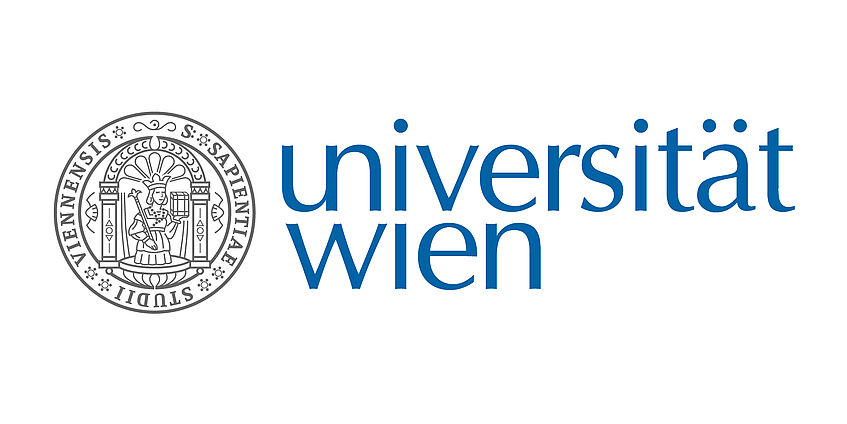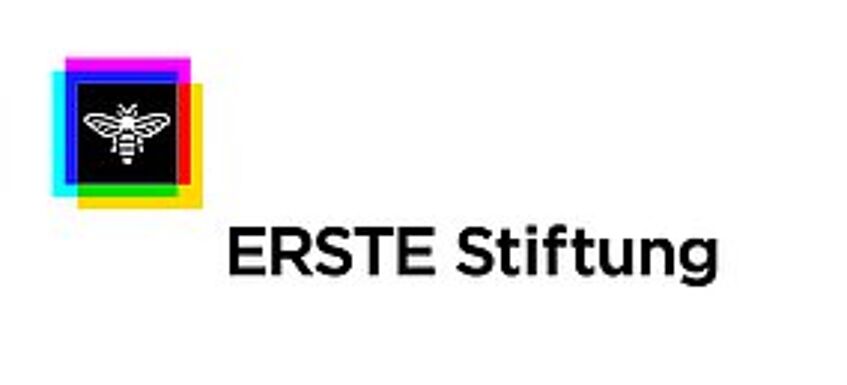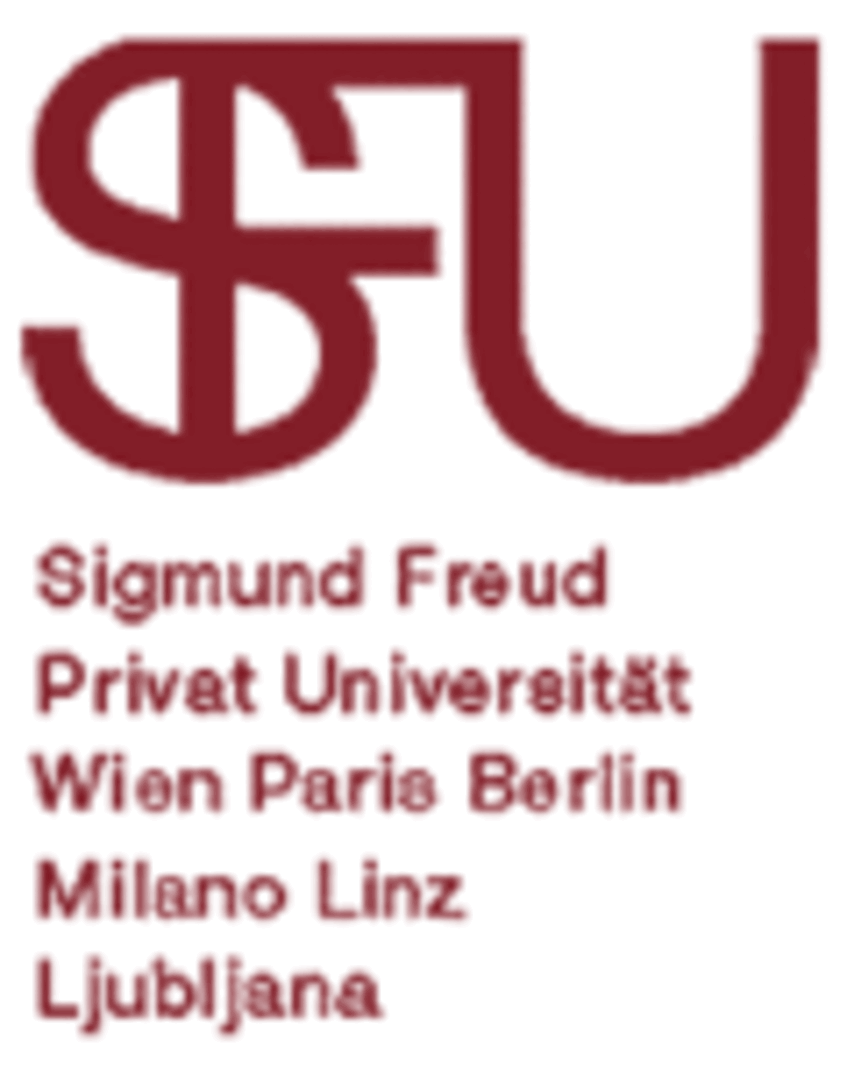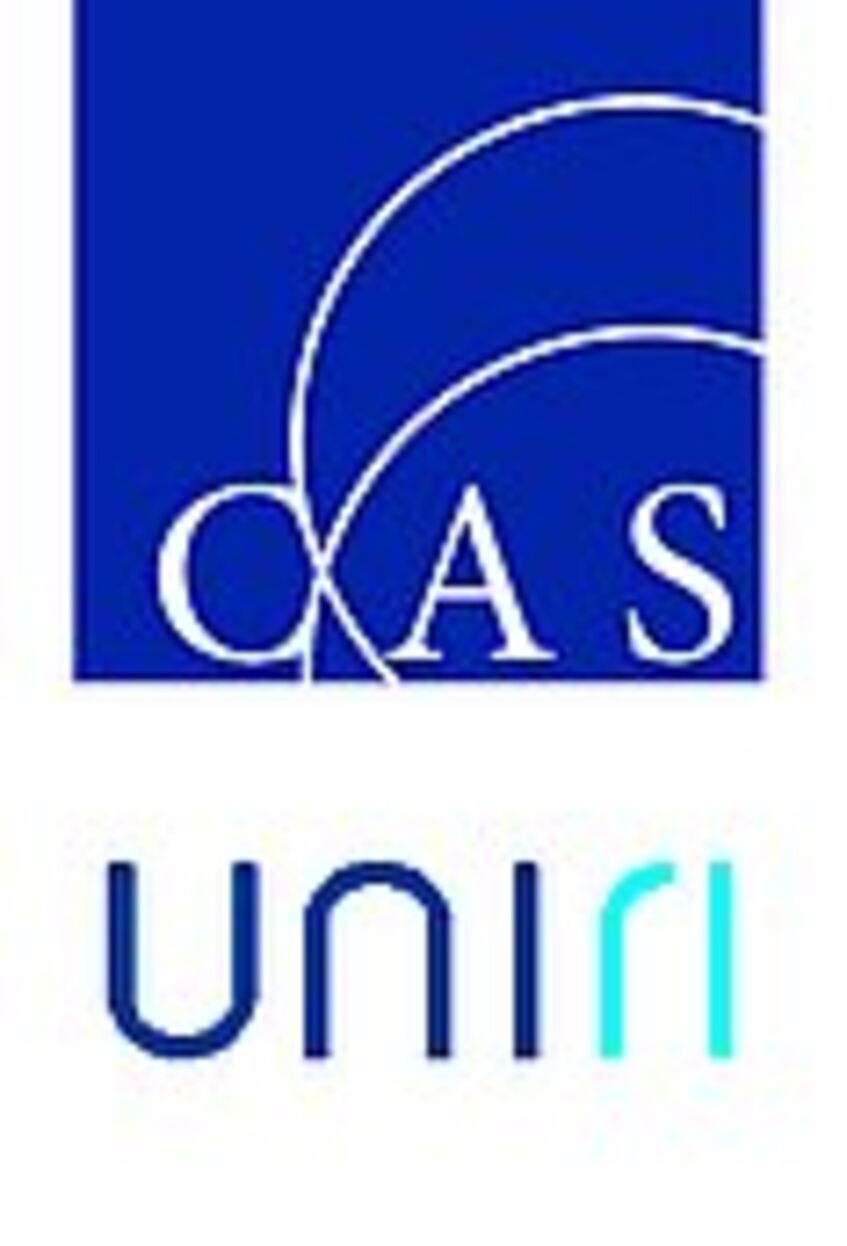In-Between. Being European: The Children of the Balkan Wars

Forschungskomplex
"In-Between. Being European: The Children of the Balkan Wars"
* Research Project
Generation In-between
The "Europeanness" of the Balkan War Children
The disintegration of Yugoslavia in the early 90s was accompanied by war and crisis. The younger generation in Croatia, Bosnia-Hercegovina, Serbia, Kosovo and Montenegro is still deeply affected by the events of that transition period. The ‚generation’ of war children is traumatized. They were undergoing their primary socialisation mostly as helpless victims.
One can assume that the political dispositions of this peer group are heavily influenced by their childhood experiences with the conflicts on the Balkan. These are the same young people who are facing the enormous challenge of being actively involved in the planned or already implemented integration of their home countries in the European Union.
Preliminary studies have shown worrying world views and self-images in this generation. Those images, in a way, reproduce frontier concepts. They do not only result in the fraught relationships between former wartime enemies who have since become supposedly peaceful neighbours, but also in an ambivalent attitude towards the ‘West.’ Both phenomena could be the consequences of a highly emotional process of nationalisation, reflected in the ethnically segregated societies and unresolved conflicts of today.
One could assume that the search for an individual identity during their second socialization phase must have been problematic and controversial for the generation of war children – today in their twenties and thirties: As direct and indirect victims they may feel like playing a subordinate role only in an already marginalised discourse of how to deal with the past. As children and young adults they were and still are lacking guidance for understanding and processing their recent history. Having grown up in a time of chaos and suffering, they are the first generation which is familiar only with the reality of the newly formed nation states on the Balkans. To them the supposedly peaceful and united Yugoslavia is a bygone era, alive only in material remains and relics, stories and history books. Given these preconditions, the younger generation might think that it is its personal and political duty to be loyal to one national identity only.
In addition to the historical factors influencing this generation, high rates of unemployment, the persistent practises of corruption and limited social mobility are causing much more immediate problems in their present lives. While waiting for future opportunities to arise on their doorstep, the internet opens up for them as digital natives the world to them, not only supplying them with all the information they could ever ask for, but also enabling them to express themselves through social media in particular.
Weighed down by a controversial past, living in a precarious present and facing an unsure future – most of these young adults confront this immense vacuum of self-assurance with apathy, sometimes even depression (Warshauer Freedman/Abazovic 2004). At first glance, their feelings, thoughts and actions concerning their participation in shaping a united Europe seem to be opaque at best. Some even harbour explosive and dangerous ideas about it. Summing up, we are seeing a deeply insecure Balkan youth, having to carry the future of the European idea and integration on their shoulders.
But, are these mental pictures we have formed about the generation of war children who are now all grown up and who are the future of the Balkan states really true? What are their concepts of Europe and how do they place themselves on these mental maps?
Our transnational research project aims to investigate the self-concepts of the young generation on the Balkan and what the European Union could do about them.
As a team located in Vienna, Zagreb, Belgrade and Sarajevo, we will be working with historians, psychologists, political and social scientists as well as NGO leaders to develop an interdisciplinary methodological set of research instruments.
Wissenschaftliche MitarbeiterInnen
MMag.a Eva Tamara Asboth
eMail: eva.asboth@univie.ac.at
Mag.a. Dr.in Michaela Griesbeck
eMail: michaela.griesbeck@univie.ac.at
Mag.a Christina Krakovsky
eMail: christina.krakovsky@univie.ac.at
Erste Ergebnisse dieses Forschungsprojektes sind in dem Buch "Generation In-Between. Die Kinder der Balkankriege: Annäherungen an eine europäische Schlüsselgeneration" zusammengefasst und veröffentlicht. Das PDF dazu kann hier eingesehen werden.




